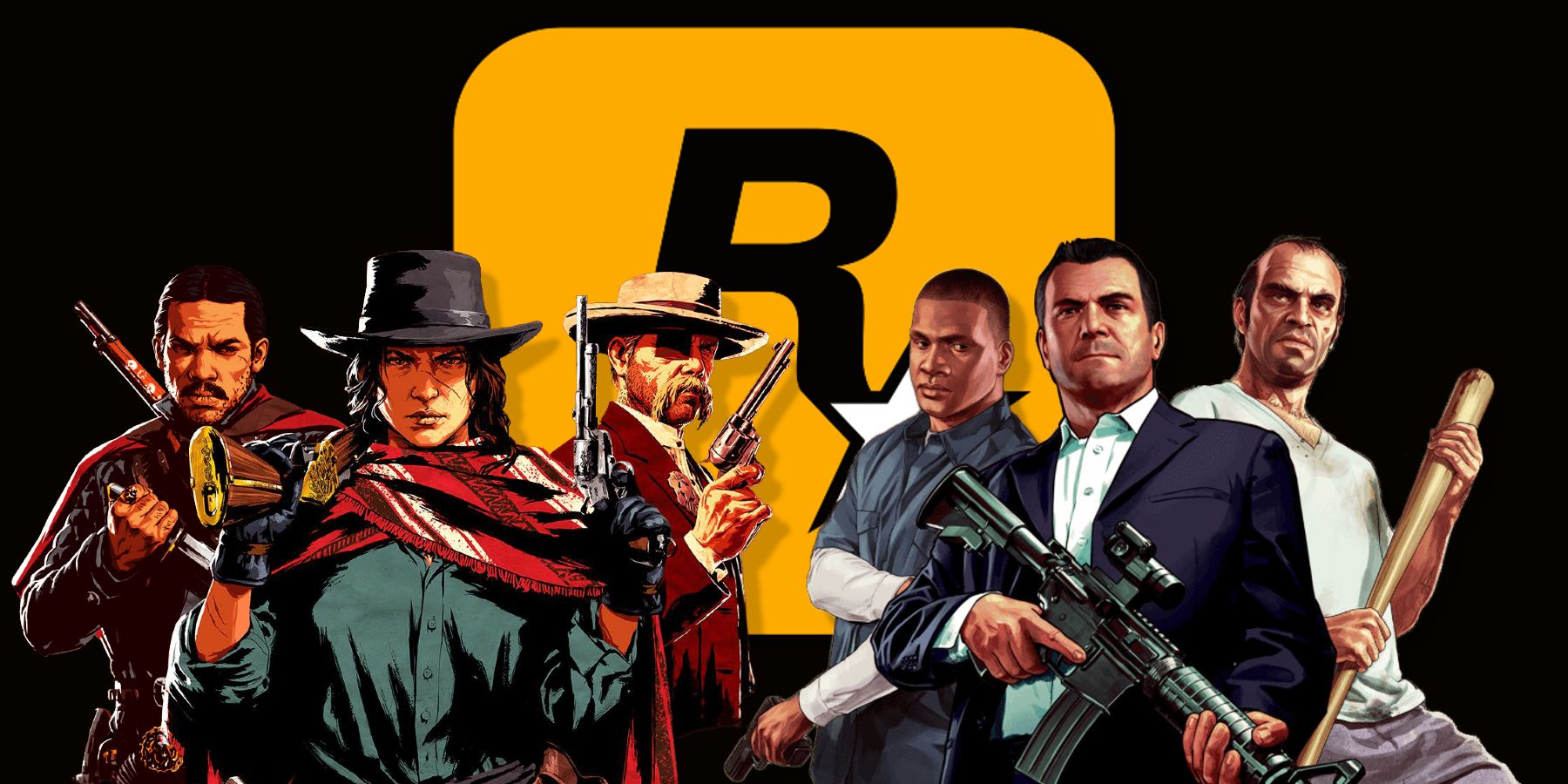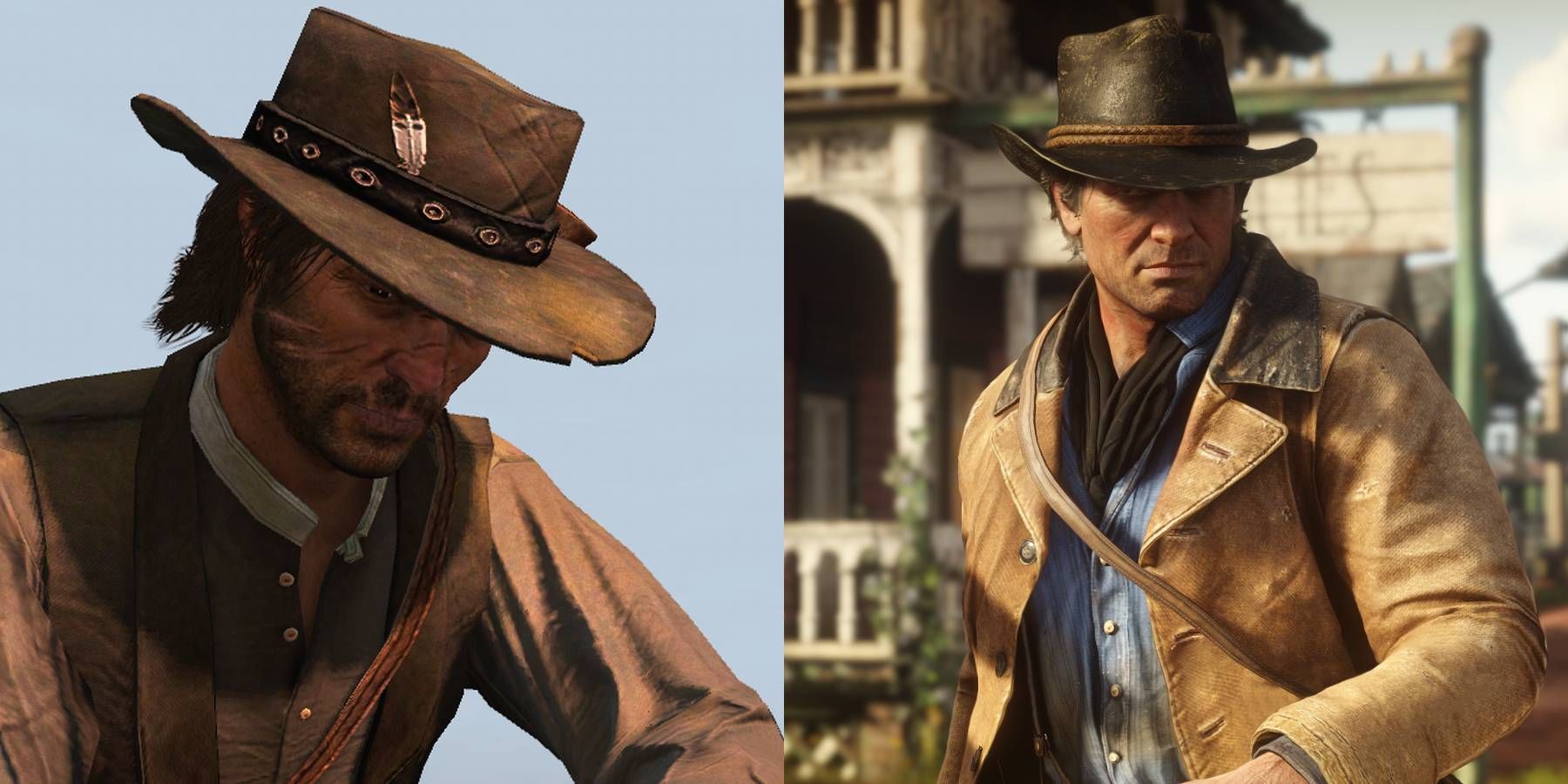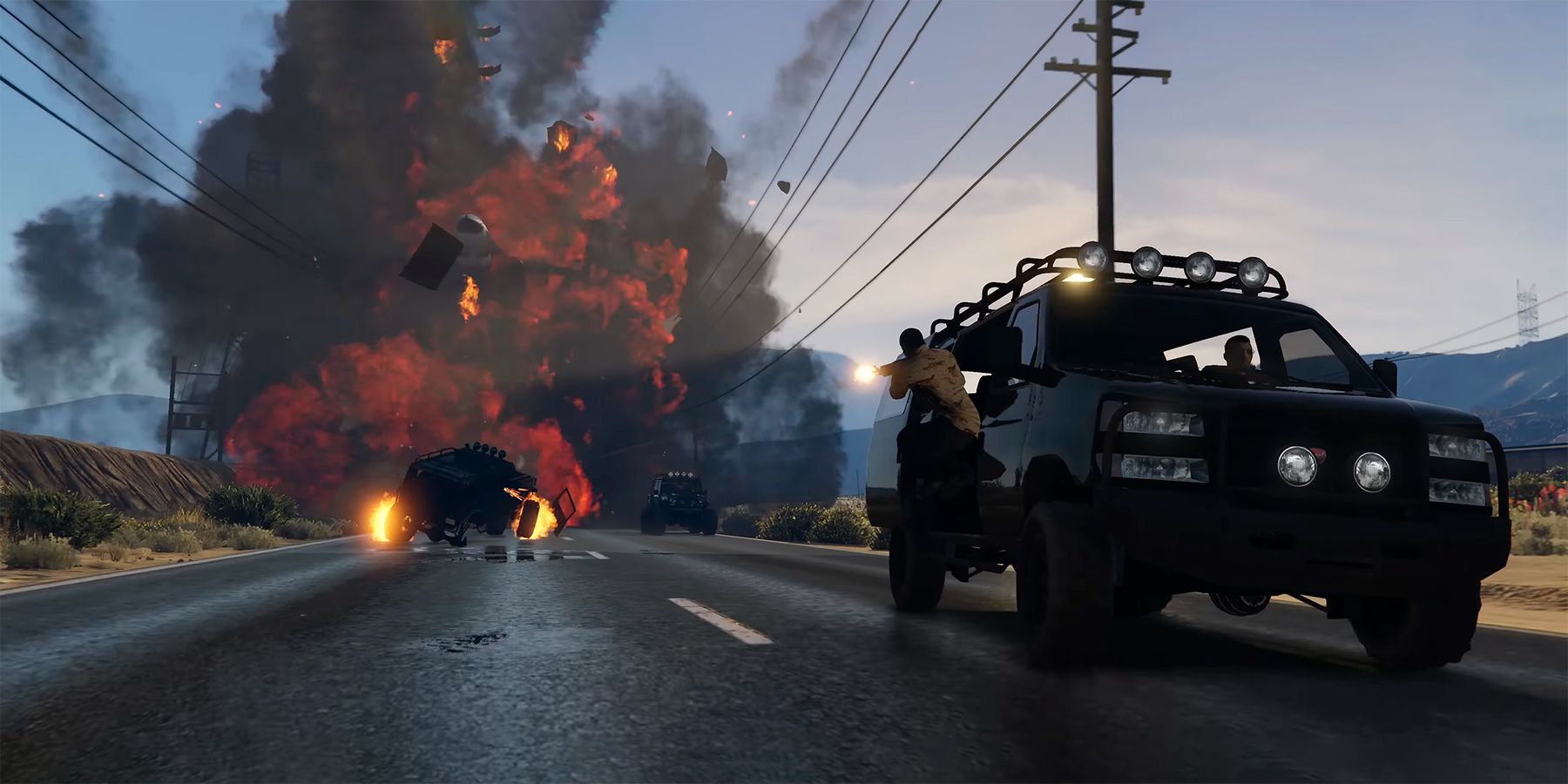
The Florida Joker Man's Battle Against Rockstar Games: A Demand for Justice

Lawrence Sullivan, also known as the Florida Joker Man, has been making headlines with his demands against Rockstar Games for allegedly using his likeness in the Grand Theft Auto 6 trailer. His recent video on TikTok has sparked controversy and legal threats. Let's delve into the details of this ongoing battle.
The Allegations Against Rockstar Games
Lawrence Sullivan, popularly known as the Florida Joker Man, has been at the center of a heated dispute with Rockstar Games, the creators of the widely popular Grand Theft Auto series. Sullivan claims that his likeness was used in the first Grand Theft Auto 6 trailer, and he is now making monetary demands against the game developer. His demands include an extra million dollars, as he alleges that a character in the trailer bears a striking resemblance to him, complete with facial tattoos and a distinctive appearance. The character in question, a purple-haired prisoner with the words 'IMPERTINENT' tattooed on his forehead, has become the focal point of Sullivan's allegations.
Sullivan has taken to social media to call out Rockstar Games, emphasizing the similarities between himself and the character in the game's trailer. His claims have gained attention, especially after he posted a video on TikTok with a new appearance, sporting an orange prison jumpsuit and purple-dyed hair. In the video, Sullivan passionately expresses his demand for an additional million dollars from Rockstar Games, citing the lack of contact from the game developer regarding the alleged use of his features. He even goes as far as to offer 'free marketing' for Grand Theft Auto 6, while simultaneously issuing a legal threat against Rockstar Games if they fail to respond within three days.
Furthermore, Sullivan has referenced the Lindsay Lohan case involving Grand Theft Auto 5, where the actress claimed that her likeness was used for a character in the game. This case, however, was dismissed by the New York Court of Appeals, with Rockstar Games emerging victorious. Despite Sullivan's confidence in having 'hard evidence' to support his claims, the likelihood of a successful lawsuit against Rockstar Games seems slim, especially given the history of legal battles involving the game developer.
Response from Rockstar Games and Industry Reactions
In response to Sullivan's demands and legal threats, Rockstar Games has remained relatively silent, with actor Roger Clark commenting on the situation. Clark, known for his role in the Grand Theft Auto series, mentioned that Rockstar Games is well-prepared legally and understands the boundaries of what can and cannot be done with regards to the use of likenesses and parody laws. This stance from Rockstar Games indicates a readiness to defend against Sullivan's claims, should legal action be pursued.
Industry experts and gaming enthusiasts have also weighed in on the controversy, expressing skepticism about the likelihood of Sullivan's claims holding up in court. The reference to the fair use doctrine and parody laws suggests that Rockstar Games may have legal grounds to refute Sullivan's demands, especially given the nature of the character in question and the history of legal battles in the gaming industry. While the situation has generated intrigue and attention, it appears that the odds are stacked against Sullivan in his battle against Rockstar Games.
The Future of the Battle and Implications for the Gaming Industry
As the dispute between Lawrence Sullivan and Rockstar Games unfolds, the implications for the gaming industry and the concept of likeness in video games come into focus. The ongoing battle raises questions about the boundaries of using real-life likenesses in video game characters and the legal complexities surrounding such claims. While Sullivan's demands have sparked controversy and attention, the likelihood of a successful outcome for him appears to be minimal, given the legal defenses available to Rockstar Games and the precedents set by past legal battles.
The case also serves as a reminder of the challenges faced by game developers and creators in navigating the legal landscape of character likenesses and intellectual property. The Lindsay Lohan case, referenced by Sullivan, and other similar disputes highlight the complexities of addressing claims related to character representations in video games. As the battle between Sullivan and Rockstar Games continues to unfold, it sheds light on the legal intricacies and potential implications for the gaming industry as a whole.













